Instead of loading lumber at the mill, GP has had to truck finished product to a transload site located north of the bridge, on a portion of the line not cut off by the bridge’s closing.
“We’ve basically had to go to the railroad instead of having the railroad come to us,” said Georgia-Pacific spokesman Rick Kimble. “Any time you do that, it’s going to add additional cost to the product.”
A swing bridge, one of three on the railroad’s line, failed to open in April 2018. It was moved manually, reopening the passage to marine traffic but leaving rail customers south of the bridge, including the GP mill, cut off from the rest of the rail line, which connects to the Union Pacific near Eugene.
Repairs have been delayed while the Oregon International Port of Coos Bay, which owns the rail line, sought funding. Officials had hoped to complete repairs this month.
“It’s a little bit unfortunate that they couldn’t wait for that,” John Burns, the port’s chief executive, told the Oregonian.
In announcing the mill’s closing as of April 11, GP also said log supply has been a problem.
The mill, opened in 1994, produces dimension lumber for housing construction. Georgia-Pacific holds no timberlands of its own, so it has had to buy logs on the open market in competition with other domestic mills and from exports. That’s at a time when lumber prices are substantially lower than a year ago. The Random Lengths Framing Lumber Composite Price was $358 the week of April 5, down from $492 a year ago.
Being in a region in which raw-log costs, a mill’s biggest expense, are higher than other markets puts the mill at further competitive disadvantage.
“We tried to make it work for a long time,” Kimble said.
GP is talking to potential buyers for the mill, but Kimble added that Georgia-Pacific has no interest in restarting it.
GP isn’t the only company to announce a mill closing in Oregon in recent weeks because of log-supply issues. Random Lengths, a trade publication covering the lumber business, recently reported that Swanson Group is permanently closing its mill at Glendale, Ore. Swanson blamed “log supply constraints forced upon us by federal timber policy.”
GP’s decision puts the Oregon International Port of Coos Bay in an interesting position. While the port is affected through its ownership of the railroad by losing a large freight customer, as an export terminal, it benefits from increased log shipments.
The port said Coos Bay handles about half of Oregon’s waterborne shipments of lumber, logs, chips and pulp originated in the state. With swings in demand from domestic housing construction, the port has been advocating diversification of markets for shipments of wood products. One it’s interested in is biofuel woodchips for China.
“There are a couple terminals within the Coos Bay harbor who are already exporting biofuel to support this increasing demand,” the port said in a post on its website.
Last year, the port took over operation of what was then called Coos Bay Rail Link from ARG Transportation. Among points of disagreement between the port and the former operator were the condition of the line and who was responsible for maintaining infrastructure.





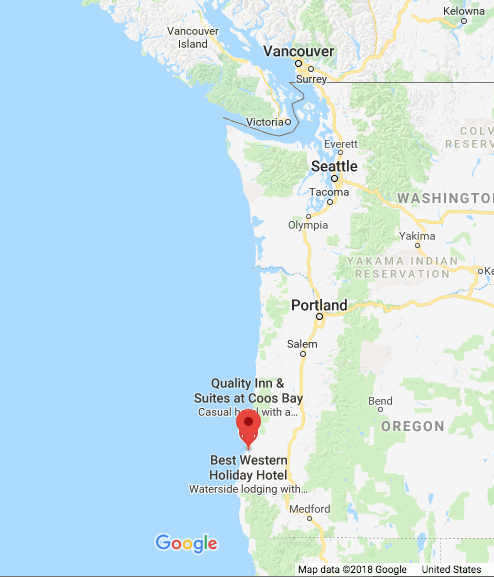

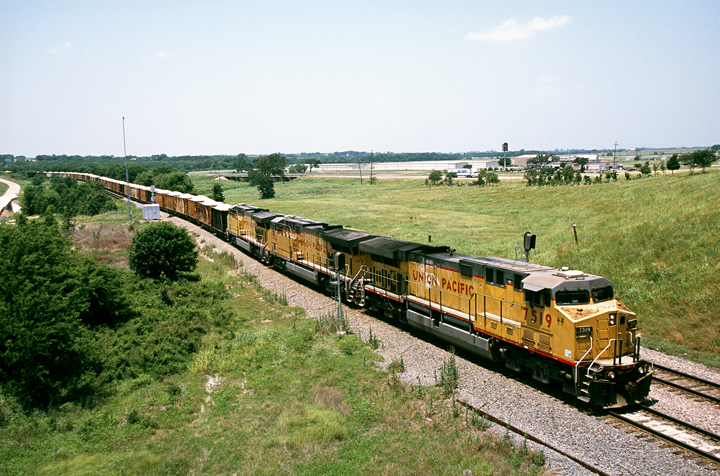
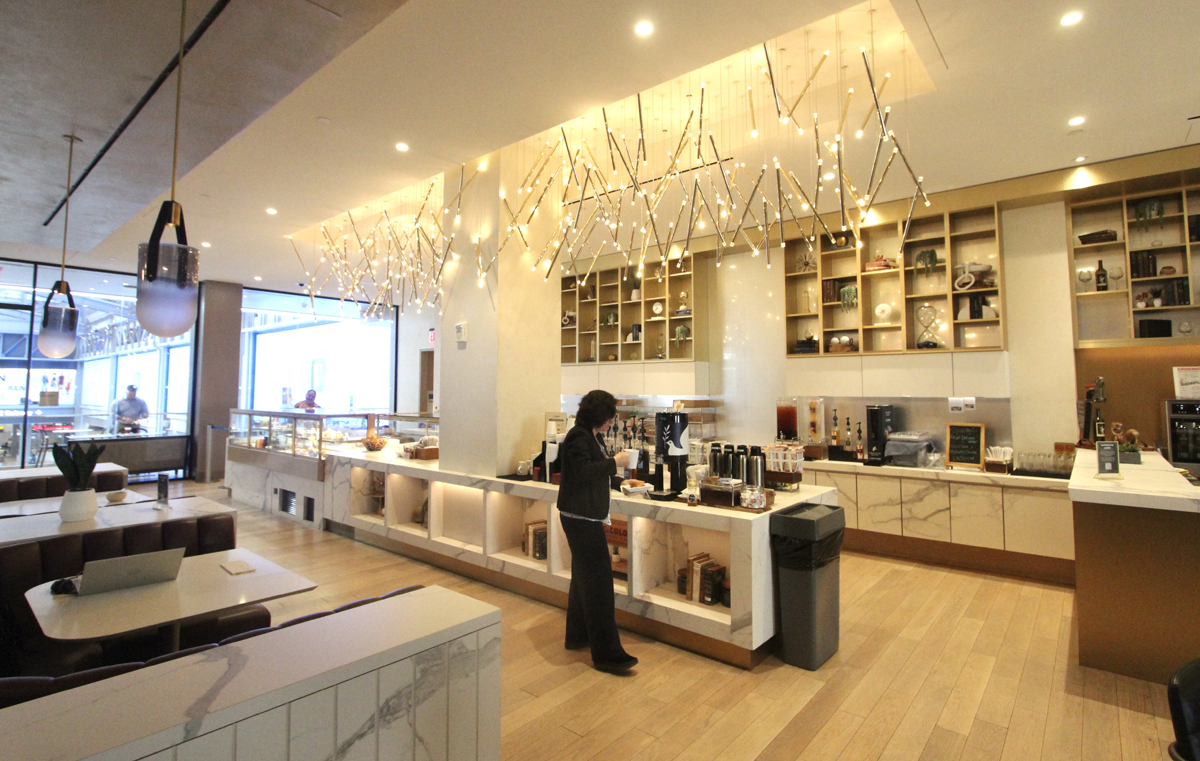
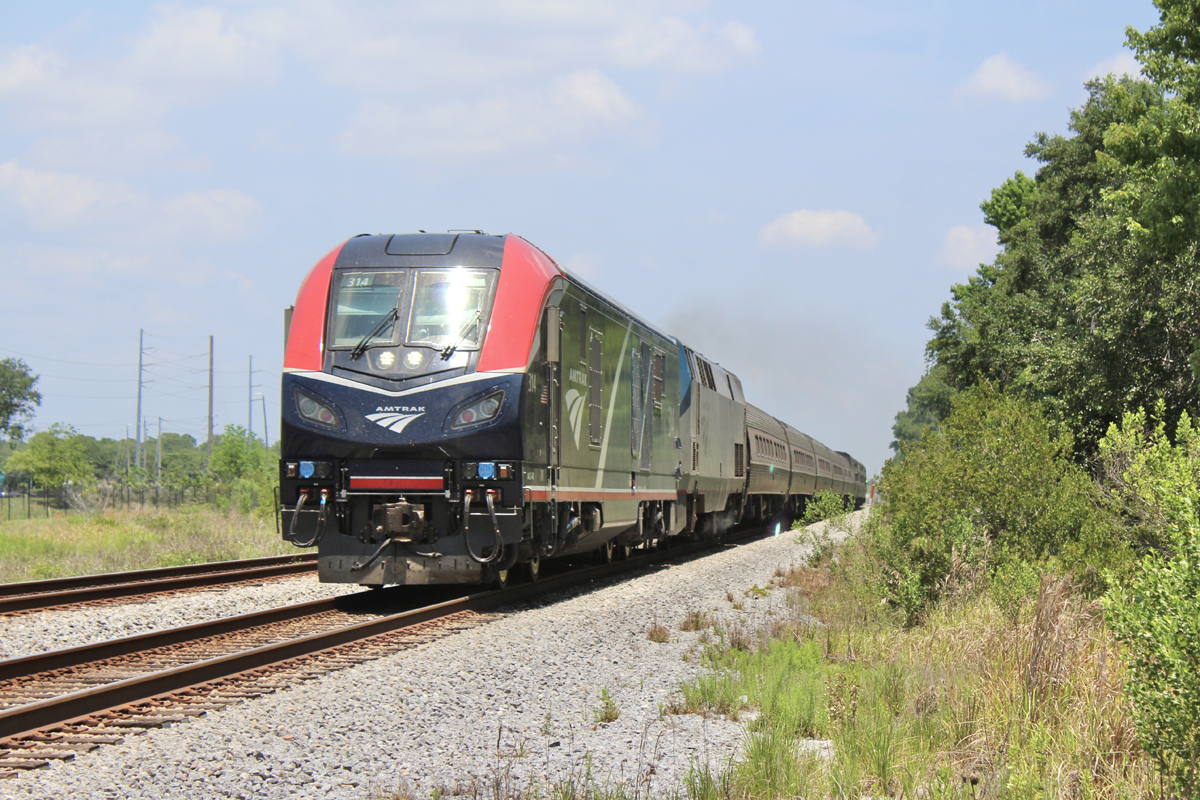
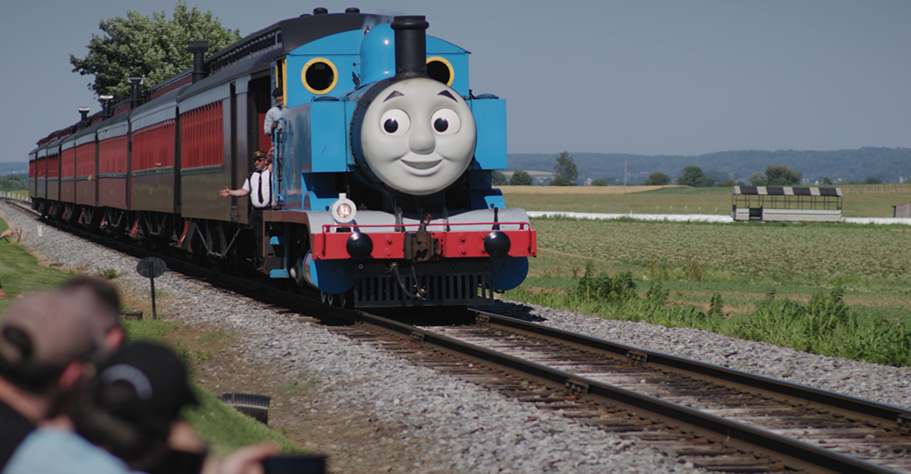




@Anna Harding: The Rogue Valley is overrun with 35-40 year old Silicon Valley retirees who sold their $3 million flat in San Jose and bought a $250k house in Medford or Central Point and work at Home Depot to occupy their time. They banked the rest and waste their free time donating to every cause known.
It’s not just in the Rogue either, take a look up on the plateau around Bend and you will see the same anomaly.
They get all the perks of California without the regressive taxation. (Oregon has no sales tax) But still close enough to get their twice a year Disneyland trip in.
Whoever doesn’t move to Oregon, has been going to Texas.(specifically Austin). Same thing has been happening, sprawl, highways and new politics. Lifers in Texas are wondering how many generations it will take before the California wears off.
Now the enviros are whining about unit oil train shipments coming into Portland to offload on to barges bound to refineries. Oil is made into many other useful products besides fuel. Then they complain about high fuel prices???? They don’t want an LNG terminal in Coos Bay either. (Global Warming again.) It’s a wonder anything ever gets built in this state because of all the environmental impact overreaching and left coast politics here. I live in a town that once had a thriving sawmill. It closed because of lack of logs restricted by the federal government’s Clinton era policies. Seems like every time the Forest Service puts a timber sale up for bid some environmental group sues to stop it.
Speaking ex-cathedra from my nether orifice, there is a serious problem in Oregon and it isn’t the spotted owls. The place has been invaded (infested might be a more applicable word) by Californians come north in search of more affordable housing. They don’t want forestry, they don’t want agriculture (the Willamette Valley is a celebrated farming area) they don’t want river management, but they do want sprawling communities and more freeways.
The locals (my family live in Eugene) refer to this as “Californication”.
Speaking as an Oregon Redneck (how redneck do you have to be to put a gun rack and a CB radio in a Fiero?) the locals are not interested in denuding the forests. We know where our livelihoods lie and we are interested in properly maintaining the forests so as to have a sustainable yield.
We properly manage our agricultural resources. We rotate crops, we don’t have giant pig farms, we don’t have giant stockyards next to the freeway (as you will find in Stockton next to the I-5). We are interested in a sustainable yield.
The Santa Clara Valley was once one of the most productive parcels of farmland in the world. Then the Californians paved it over and now they grow silicon there. The want to do the same in the Willamette Valley.
And, they want all the lumber mills shut down and the forest products industry dismantled. They want the railroads gone. And, they want more, and more expensive housing, cars, and freeways. It is what they are used to, and they want to bring it to Oregon.
Maybe they got pushed out of California by prices there. But now they are pushing out the locals in Oregon and we don’t like it very much.
Coos Bay is only one example. That port will never grow again, the mill will never run again, and that rail line will be abandoned in the near future. And, for Oregon, it is only the beginning.
La supraj komentoj havas generalan naturon kaj ne formas la bazon por rilato de advokato / kliento. Ili ne konstituas juran konsilon. Mi ne estas via advokato. Trovu vian propran malbenitan advokaton.
The Greens are killing the economy of a lot of areas. They ignore real science and get excited about carbon dioxide now that there are many more spotted owls. Without active management the forests burn and the trees are wasted. And we’re exporting wood chips through the Port of Coos Bay. Does the burning of wood chips produce any pollution? The Port should be exporting anything that comes their way. First step. Sue the Greens and the State of Oregon for restricting commerce for no good reason,.
As I ranted in another thread, the greenies are intolerant of any compromise. It’s deeply pathetic that so many jobs & livelihoods for countless families have been lost the last couple decades. Can’t blame GP for bailing out of this losing situation.
Raw log supplies has been an ongoing issue in Oregon since President Clinton signed the spotted owl legislation. The industry tried to work with the Greens on a cut policy that would be non-invasive to the owls, but they wouldn’t listen, Since then many, many mills large and small have closed in Oregon and put a lot of people out of work the past 20 years.
As the mills die, so do the rail access that brought the logs down and also carried off the finished product.
As for that swing bridge, there is a video on YouTube of engineers from PoCB restarting bridge movements after the line was left behind by the Central Oregon & Pacific after a tunnel fire. They lubed the snot out of it, hooked up what looked like a large lawn mower engine and crossed their fingers. It worked and they all laughed.
I am guessing that a drive gear or pinion (or the entire ring) probably broke due to old age and to get one installed they will have to lift the span up. Very expensive. This would mean a manual open/close requires a boat to pull on it.
I do think that the PoCB would make a great oil export terminal, but the Greens won’t have it. All of those DOT-111’s going through Eugene and through the Coast Range would give them palpitations.